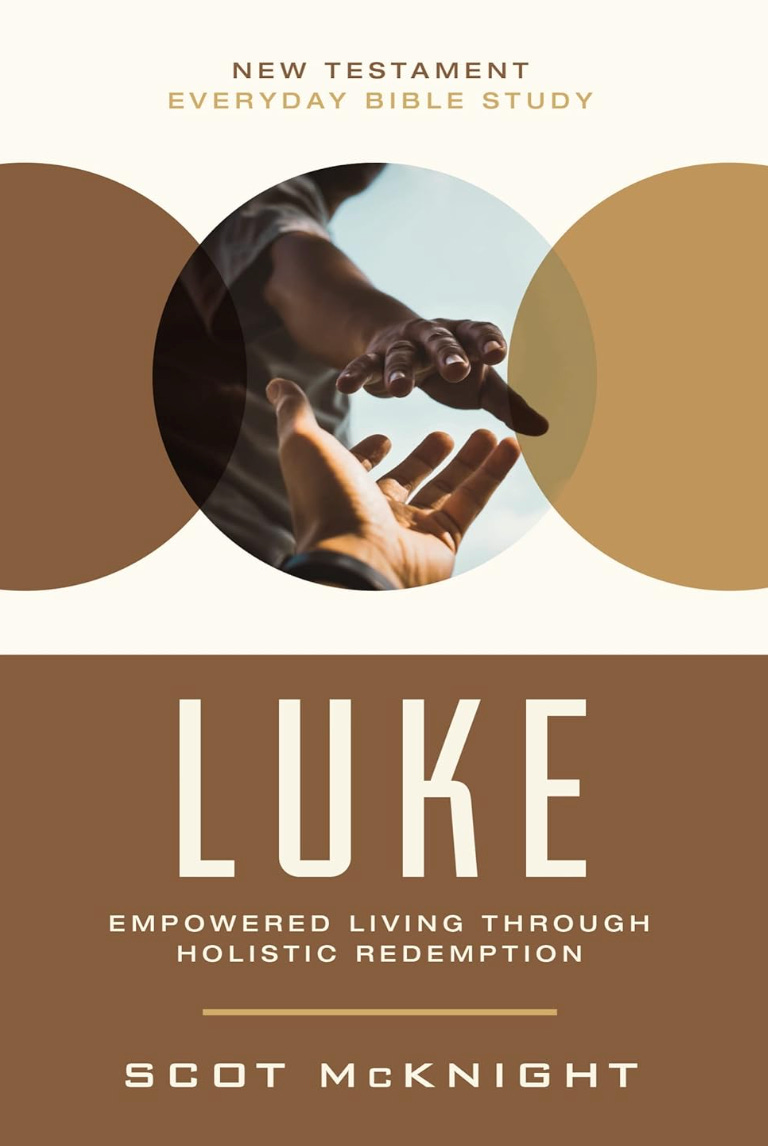
From the Everyday Bible Study, Luke, questions by Becky Castle Miller.
Luke 1:26-38
26 In the sixth month of Elizabeth’s pregnancy, God sent the angel Gabriel to Nazareth, a village in Galilee, 27 to a virgin named Mary. She was engaged to be married to a man named Joseph, a descendant of King David. 28 Gabriel appeared to her and said, “Greetings, favored woman! The Lord is with you!”
29 Confused and disturbed, Mary tried to think what the angel could mean. 30 “Don’t be afraid, Mary,” the angel told her, “for you have found favor with God! 31 You will conceive and give birth to a son, and you will name him Jesus. 32 He will be very great and will be called the Son of the Most High. The Lord God will give him the throne of his ancestor David. 33 And he will reign over Israel forever; his Kingdom will never end!”
34 Mary asked the angel, “But how can this happen? I am a virgin.”
35 The angel replied, “The Holy Spirit will come upon you, and the power of the Most High will overshadow you. So the baby to be born will be holy, and he will be called the Son of God. 36 What’s more, your relative Elizabeth has become pregnant in her old age! People used to say she was barren, but she has conceived a son and is now in her sixth month. 37 For the word of God will never fail.”
38 Mary responded, “I am the Lord’s servant. May everything you have said about me come true.” And then the angel left her.
Have you ever wondered how much Mary told Jesus about events like these? Have you ever wondered how we got such stories? I have for both. My answer to the first question is “Quite often, probably,” and the second one is “From Mary” (McKnight, Real Mary). The better translation of “Mary” is “Mariam” as Mary is an Anglicized version of Mariam.
A baby son story
Six months behind the Zechariah and Elizabeth story about redemption, the story of redemption continues with Mary of Galilee. The stories rhyme. Same angel (Gabriel), different location (Nazareth of Galilee), and a different woman (Mary), who is engaged to a Davidic ancestor named Joseph (1:26-27). She was probably fifteen to twenty years old. The angel greets her with “Rejoice” (NIV has “Greetings”) but then affirms her with words from the deep wells of God’s grace: “you who are highly favored,” with the sense of “you have been deeply graced” because in some special sense “The Lord is with you” (1:28). Her disturbance at the appearing of an angel is like Zechariah’s (1:12).
This joy, grace, and the divine presence now take on physical form when Gabriel reveals to her that she “give birth to a son” (1:31) and she (notice that the father is not told this) is to name him “Jesus,” which in Hebrew is either Yeshu or Yeshua, which means YHWH saves. She knows her son will save somehow. What she learns next may startle her as much as an angel appearing. The son will be “great,” and he will be called “Son of the Most High God,” and he will rule on “the throne of his father David,” and it will be “forever” and his kingdom will “never end”! Mary knows her son will save Israel as its king and he will rule an eternal kingdom (1:31-33). In what follows the word “kingdom” will be used frequently, and a brief description of the five elements of kingdom can be found at 9:1-17, pp. XX.
A miraculous conception story
Mary’s question is neither naïve nor doubting. Yes, she was disturbed by the angelical vision (1:28), but the implication of her question, “How will this be since I am a virgin?” (1:34), requires that we think she perceives an imminent pregnancy before marriage and consummation. The answer to her question occurs in 1:35-37. If God can become human (John 1:1-14), God can miraculously impregnate. “The one miracle greater than that of a postmenopausal woman conceiving is that of a virgin conceiving” (Levine and Witherington, Luke, 33). Yet, Mary knows her body is hers. “This is her body, and she would like to know how it is going to be used” (Spencer, Luke, 42). He also observes that God adapted a son to her body; God does not need to make her fit for her son’s body (p. 44).
The angel explains the divine impregnation of Mary as “the Holy Spirit will come upon you” and the “Most High will overshadow you” (1:35). God envelops Mary as miracle and protection (Spencer, Luke, 39-40). Mary’s pregnancy before her marriage to Joseph surely raised questions (notice Mark 6:3’s “Mary’s son” and not Joseph’s) so this account in Luke counters accusations. The act of God in Mary results in “the Son of God” (Luke 1:35). Son of God was a common enough term for the Roman emperor and for a king in Israel (Psalm 2), but the term her raises the meaning from king or emperor to divinity.
The angel sweeps any doubt away by revealing to Mary that her relative Elizabeth has experienced a similar miracle (Luke 1:36).
A trust story
Mary’s words are some of the most profound in the entire Bible. First, she identifies herself, and I translate: “Look! God’s slave.” The “I am” can be applied but she may have looked into the eyes of Gabriel to say, “Look at me. What more do you want? I’m God’s slave and I will do what God wants.” She signs off with, and again I paraphrase with “May it be to me in a manner consistent with your word that I will conceive as a virgin by an act of God” (1:38). This is no passive surrender; this is an active acceptance of God’s redemption through her baby boy. Let us think realistically: a woman pregnant before marriage was scrutinized and judged. Her engaged partner, Joseph, shamed as well. Mary will suffer for her son before her son suffers for her.
Mission accomplished, the angel returns to the throne room of God.
Scott Spencer expresses this so completely I record his words here and ask you to ponder them: “Mysteriously, but materially, Mary’s entire embodied being, not least her amniotic waters, will be swept up and over in the dynamic crosswinds of trinitarian vitality” (Spencer, Luke, 40). Just wow.
These small vignettes in Luke 1-2 strike me as stories told in the communities who followed Jesus. Mary, whom we encounter in all four Gospels, was one of the most important sources of information and the only one there at times. She becomes the witness behind the redeemer who informed the redeemer what the angel had revealed about the mission of Jesus to redeem Israel as its king. Stories capture our attention in ways that simple statements cannot, and Galileans were known as storytellers.
Mary was perhaps the best storyteller of all, that is, after her son.
How does the conception announcement of Jesus “rhyme” with the conception announcement of John?
What have you been taught about Mary before? How does this section challenge or confirm your prior understanding?
How do you think Luke may have gathered Mary’s reminiscences in his research?
How do you think Mary’s storytelling might have impacted Jesus as he was growing up?
What can you learn from Mary’s example in responding to God’s invitation?
Scot McKnight, The Real Mary: Why Protestant Christians Can Embrace the Mother of Jesus (Brewster, Mass.: Paraclete, 2016).

















Thank you Scott and Thank you Becky . What a wonderful way to start the week. Merry Christmas to you and your families.